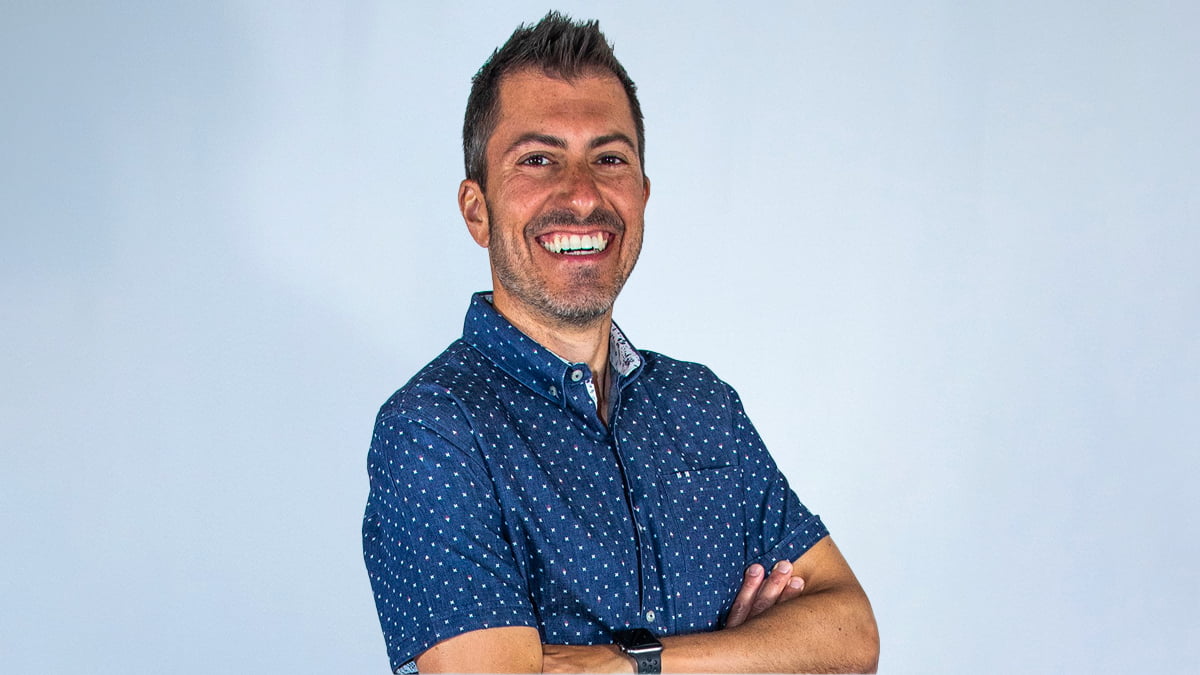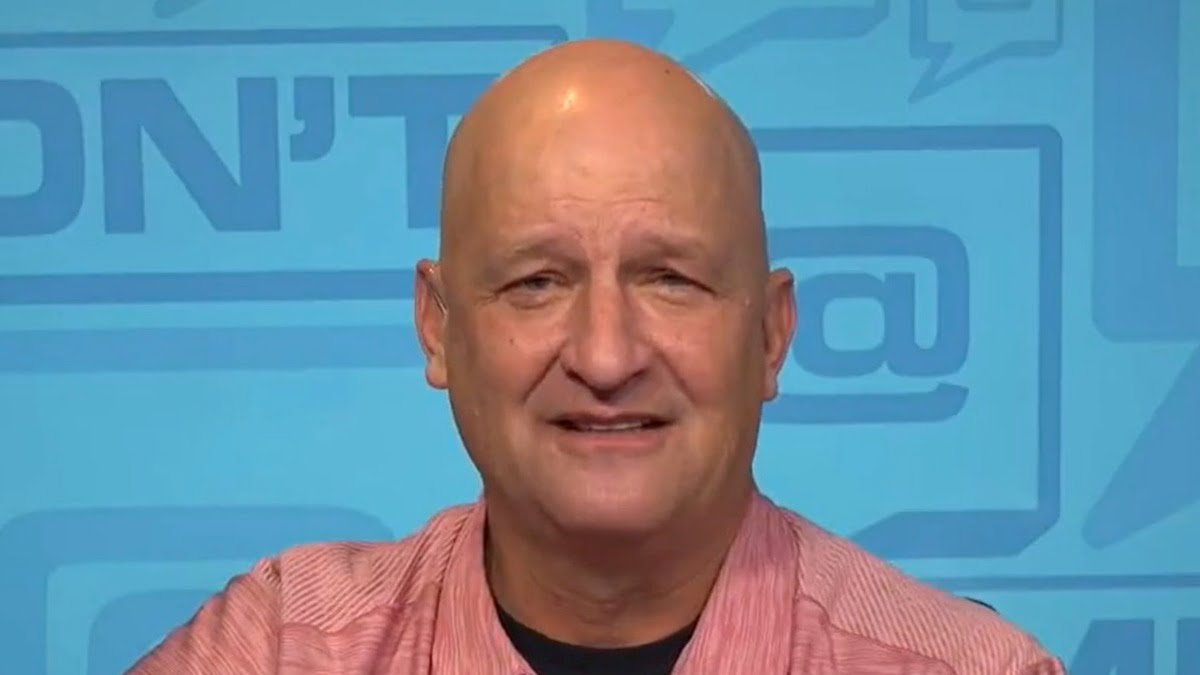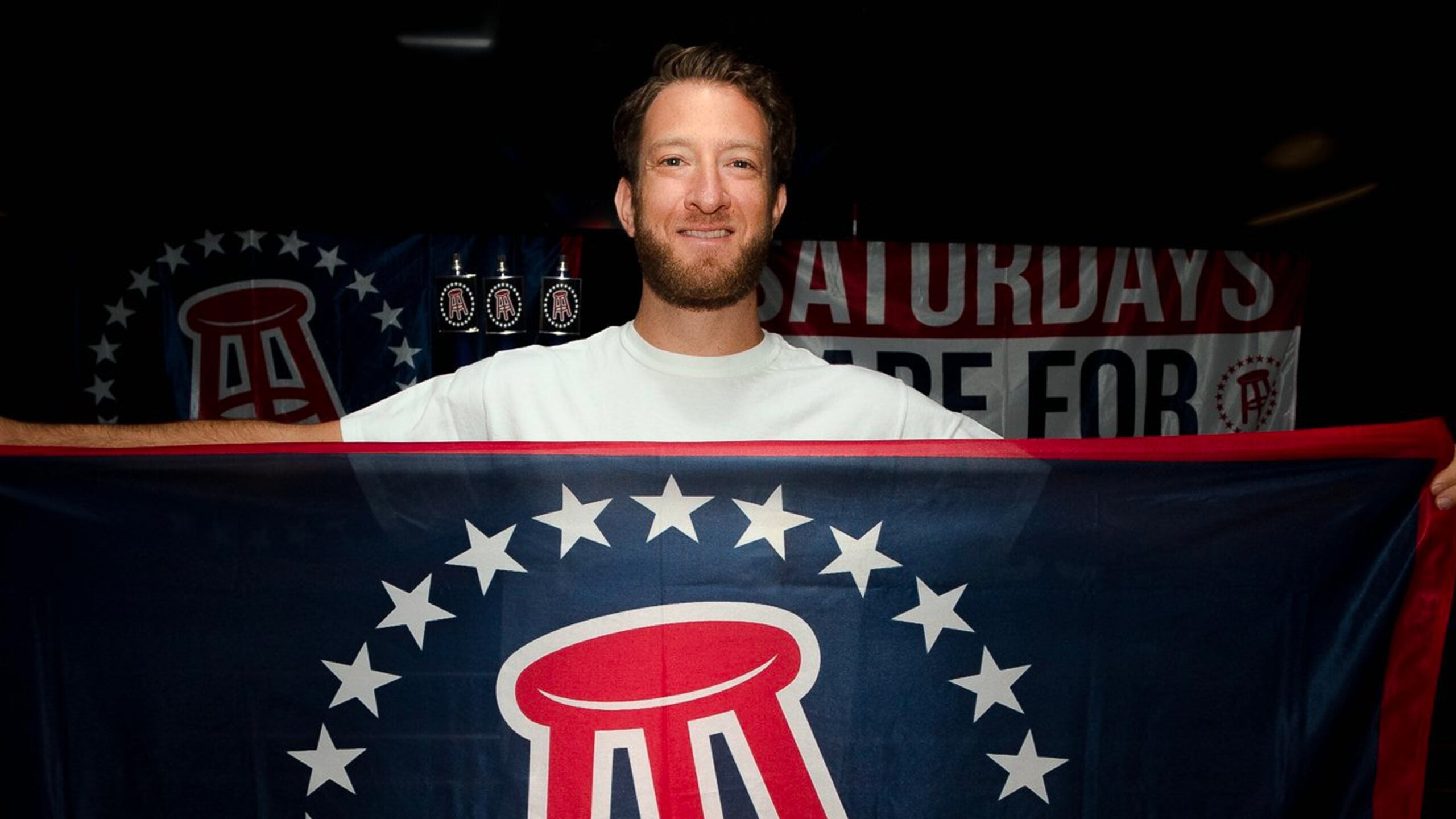As Carmen DeFalco received the news that his midday show was going to be extended by another hour, he was exalted to continue his work in the daypart. After all, he believes most midday programs should last for at least three hours in order to consummate an effective and comprehensive program. Both DeFalco and co-host John Jurkovic were hoping that the show would be extended to three hours, and while they received their desired outcome, it came with a unique twist.
A growing number of radio outlets utilize transitional segments in which hosts of the concluding program combine with those in the forthcoming show to have a discussion and seamlessly retain the flow of content. DeFalco and Jurkovic will be joined by Marc Silverman and Tom Waddle, hosts of the afternoon program, but rather than their appearance being more transient, they will be on the air for a longer stretch. The new paradigm for this crosstalk segment from middays to afternoon drive will be a half-hour long, granting hosts and listeners time to delve into topics that penetrate beyond superficial exchanges and mere previews.
“I think our fans love crosstalk as much, if not more than anything,” DeFalco said. “It always seems to generate the most interest. I think it’s the most fun – we hear from fans constantly about how much they enjoy crosstalk amongst the shows – so I think it’s another added bonus [that] we get to add a little bit more crosstalk between the shows.”
Fans have been clamoring for DeFalco and Jurkovic to return to a three-hour show after their program was reduced to two hours in a preceding lineup change. Although the format is changing because of the expanded crosstalk, they will still be present to offer their compelling opinions and entertaining banter to the audience. Leading up to a typical show, the hosts focus on reacting to the news of the day, reminiscing on the prior night’s slate of sports games and looking at what is ahead.
The midday slot in particular has proved to be an ideal place for this multifaceted structure since it takes place at a time of day when both topics remain especially relevant for listeners. As a radio veteran who has had some level of tangible experience in virtually every daypart, DeFalco understands how unique it is to be in this segment of weekday prime hour programming. Nonetheless, he does not want to define his role as being solely reactionary or prognosticative, instead embracing the totality of the responsibility.
“You’re still trying to get an emotion or a reaction out of people [and] you’re still providing content, so I don’t think it’s too much different,” DeFalco said. “Sometimes maybe just a little bit in the immediacy of what’s happening. You might be sort of talking about different things or talking about different angles, but ultimately whatever daypart you’re in, your objective and your goal is pretty much the same.”
While studying at Columbia College, DeFalco knew that he wanted to work in sports media, but he had not had experience since his high school did not have its own outlet. During his junior year in school, he landed an internship at WLS-AM as an associate producer for the Don Wade and Roma Show. While there, he learned about the importance of adaptability and ingenuity fostered through quantitative and qualitative means.
“It was my first real hands-on experience in the business, and I did soak up as much as I could from those two, especially from Don, who was a really, really [interesting] and talented talk show host,” DeFalco said. “While the format was pretty different and it was much more serious and it was hard news, I still kind of learned the ins and outs of how to do a talk show.”
From there, he earned a part-time weekend overnight shift in the incipient days of ESPN Chicago delivering SportsCenter updates. At the time, the station had three updates per hour, and DeFalco focused on cultivating his voice and refining his craft. Conversations with personalities at the radio station and around the industry proved to be helpful for him, and he appreciated how accommodating everyone was throughout his targeted self-actualization.
“I think just by going back and listening and taking advice from older people and more experienced people in the business, [I learned] about how to – I wouldn’t say sound more professional – but just how to streamline things; how to find the right information to give to people [and] how to set up stories,” DeFalco said. “….I worked pretty hard at that.”
As he continued to accrue experience, DeFalco began covering the Chicago Bulls and hosting the outlet’s pregame, halftime and postgame shows on gamedays. It was during that time where he met former Bulls guard Norman Van Lier, whom he worked alongside on several Bulls and basketball-focused shows. Through these varied endeavors, he was selected to work alongside Marc Silverman on a weekend program. Silverman had been paired with a variety of co-hosts in the slot before DeFalco was added on a permanent basis, and they were quickly able to cultivate synergy.
“Silvy and I always, from the day we really met and started working together, we just kind of hit it off as friends,” DeFalco said. “Yeah, there’s a little bit of an age gap between us, but not crazy; we’re about five years apart. He just was always very willing to sort of take me under his wing and teach me some things, and I appreciated that. A working, professional relationship very quickly just turned into a personal friendship.”
DeFalco and Silverman proved to be a compelling draw and eventually had their show moved to weeknights, airing regularly towards the back half of programming. Upon Dan McNeil’s departure from the station and the end of the popular Mac, Jurko and Harry program, it was added to middays.
Since DeFalco had filled in for McNeil several times in the past, he was granted the position as the new co-host of the show. Through these invaluable experiences hosting sports talk radio on a daily basis, DeFalco began to genuinely find his voice and develop how he views a given program.
“I kind of have a measured approach to the things I say, which maybe is not always the best thing when you’re doing talk radio, but I don’t find myself ever really getting too hot-takey,” DeFalco said. “I don’t mean to disrespect that pejorative term. It’s just not the way I’ve sort of done things and the way I see, I guess, sports.”
DeFalco’s on-air style is rooted in passion and blends subjectivity and objectivity utilizing analytics and internal perceptions. Since he has never left the metropolis, he is ingrained in the teams themselves and feels the triumphs and tribulations. These teams have been part of his life from his childhood, and he aims to bring that knowledge and fervor to the air every time he steps into the studio.
“I’ve got a lot of passion and sometimes a fair amount of fire and anger about some of the things that happen with our sports franchises,” DeFalco said, “but I kind of have a measured, analytic approach to the way I view things most of the time.”
From working with Jurkovic since 2009, the hosts have been able to build chemistry and cognizance of their proclivities on the air. It is evident to DeFalco that Jurkovic takes revelry in repartee and brings a contrarian disposition to the show, something that ultimately broadens the horizons of its range. Despite their contrasting personas, sports serve as a common thread and quickly engendered genuine compatibility and affability.
“I think because we’re a little bit different, we’ve always made a good duo and a good tandem,” DeFalco said. “That’s probably the thing that makes us thrive more than anything else. I know when to kind of rein him in a little if I have to or take the opposite side of things.”
In growing up in the Chicago media marketplace, DeFalco is aware of the rich history and dedication garnered by its sports teams. Fans of the local teams often make their voices heard on a variety of platforms, including as callers on the radio station and users on social media. There are numerous ways in which the Carmen and Jurko show seek to implement listeners and elicit their reactions, such as through phone calls and the live chatrooms online.
Although there have been some questions about the effectiveness of callers over the years, DeFalco finds that there is still palpable interest in this mode of engagement. ESPN Chicago introduced a halftime show during Chicago Bears games hosted by Silverman that is largely caller-driven. The station as a whole has focused on bolstering its digital offerings, effectuated through its app and external outlets.
“We still have what we do on the air, but it’s not like we’re just a talk show or a radio show or a group of radio shows anymore or a radio station,” DeFalco explained. “We’re an audio company; we’re a content company [and] we’re an entertainment company. That’s the business which we’re in at this point.”
With this evolving outlook on the place of ESPN Chicago in the sports media industry as a whole, its competition spans beyond other sports radio outlets such as 670 The Score. The station is working to add more video content to its portfolio, driving people to its YouTube page to see other creative forms of content to appeal to the audience. Thinking about the scope of the sports media ecosystem as a whole though, DeFalco tries to remain focused on what is in he and the station’s control.
“We’re our competition,” DeFalco said. “We can’t get too wrapped up or involved in what anybody else [or] what any other audio company is doing. I think we have to care about what we’re doing; we have to care about the content we create.”
The Good Karma Brands-owned radio station came to terms on a multi-year contract to become the new flagship home of the Chicago Bears. By moving to a sports talk-formatted outlet after more than two decades affiliated with WBBM NewsRadio 780 and 105.9 FM, the team is aware of the purview hosts have over their content.
DeFalco affirms that those at the station are not coerced to appease to rightsholders – which also includes the Chicago White Sox – and have autonomy to remain candid and forthright with their audience. Even so, he has to face criticism from a deluge of other sources, perpetuated through the augmentation of social media.
“When things get really nasty and personal, it probably affected me more when I was younger and it just doesn’t now,” DeFalco said. “Why should I be affected or triggered by someone who may or may not like me – but certainly doesn’t know me?…. I’ve just learned to mostly block it out.”
The key for DeFalco on his show is to make sure it is appealing to fans and partners, and he cherishes the conversations he has with both entities. There are times when the show engages in remote broadcasts, giving them an opportunity to meet the listening audeince. Most of the time, there are people who approach him and Jurkovic to thank them for their contributions to the media landscape and acknowledge how much they enjoy listening.
These interactions, while they may be fleeting, leave a lasting impact on DeFalco and reminds him of who they are serving. Moreover, he finds it humbling to receive these plaudits, and it is something he considers indicative of a successful show.
“There’s such a great demand and appetite for sports talk because people are so passionate in a place like this about their teams,” DeFalco said. “I think that’s what makes it special. Our sports teams are so much ingrained and incorporated in the way we live our lives and the way our social calendars are structured sometimes.”
Although there has been discourse surrounding the demise of traditional radio and audio as a whole, DeFalco underscores the sustained growth and popularity of talk shows as evidence towards the contrary. In fact, he hosts a podcast at the station about sports betting and an external podcast related to bourbon. Radio stations continue to evaluate their standing in the media domain, remaining ready and willing to make changes should it be necessitated.
“It’s not going anywhere,” DeFalco said of the sports talk format. “There’s no threat to it. There’s a lot of content out there [and] there’s a lot for people to consume, but we can adjust. We can provide the things that other content creators are giving to fans and to consumers – we can do those things [and] we are doing those things.”
Derek Futterman is a contributing editor and sports media reporter for Barrett Media. Additionally, he has worked in a broad array of roles in multimedia production – including on live game broadcasts and audiovisual platforms – and in digital content development and management. He previously interned for Paramount within Showtime Networks, wrote for the Long Island Herald and served as lead sports producer at NY2C. To get in touch, find him on X @derekfutterman.







